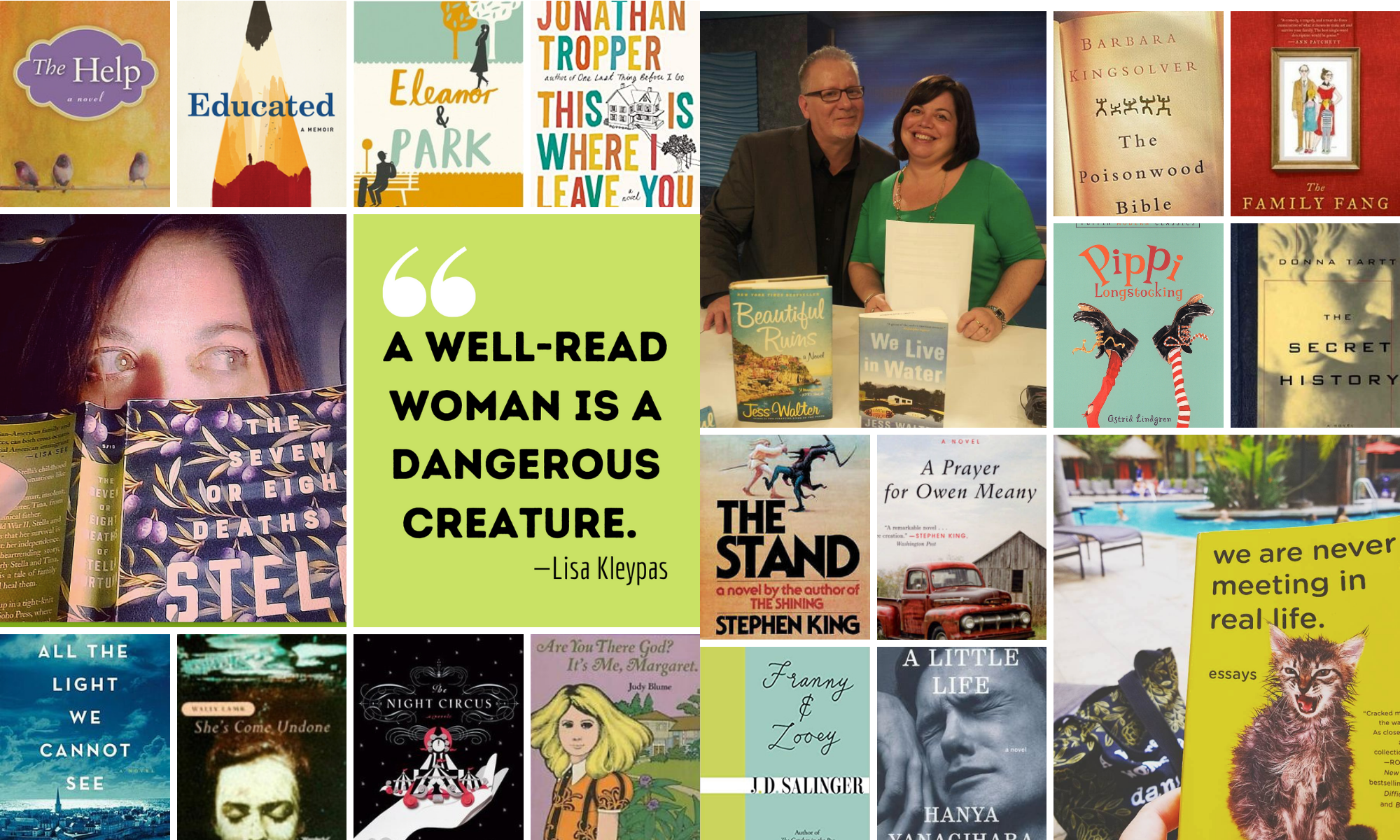Over the years, I’ve read many of the prolific Jodi Piccoult’s novels, and to me there’s no one who can capture the intricacies of human interaction, especially when it comes to enduring grief and tragedy, like she can. The Book of Two Ways is very similar to Piccoult’s books I’ve read, but at the same time, it’s unlike any other. And that is why this review goes “two ways.”
Let’s start with the ways I loved the book. For one, Piccoult proves, yet again, her mastery of painting vivid and memorable characters, and in this case, Dawn is the stand-out. A former aspiring archaeologist who now works as a “death doula,” she fascinated me with her interest and abilities in addressing a subject as complex, private and difficult to talk about , as death. Through Dawn and her experiences, Piccoult is able to examine death in ways that are both thought-provoking and comforting (at least to me).
I also appreciated techniques Piccoult used to frame the story. When the story begins, for example, Dawn is on a plane that is about to crash. Who she thinks about in those moments is not, as she might have predicted, her current husband but, instead, a past love. From here, the book splits—Sliding Doors-style—into what Dawn’s life would have been like had she stayed with her dashing, fellow archaeologist and love Wyatt versus her actual life with her steady, solid husband Brian.
The second way I’d review The Book of Two Ways would be to point out what I didn’t love about it—mainly, the heavily detailed sections on ancient Egypt and hieroglyphics. While I’m sure they’d be fascinating reading for many history buffs and fans of Egyptian culture, they weren’t of much interest to me, and I found myself mentally checking out during those parts. I’m also not sure these in-depth descriptions contributed much to the overall story line. For me, I wanted to get back to the relationships, Dawn’s realizations and her ultimate fate.
THE FINAL WORD: Overall, The Book of Two Ways is a wonderfully written story with a couple of plot twists and plenty of rich and descriptive details, contemplative character development and thoughtful examination of interpersonal relationships. In other words, it’s exactly what fans have come to expect from Piccoult. And also, what they wouldn’t.


